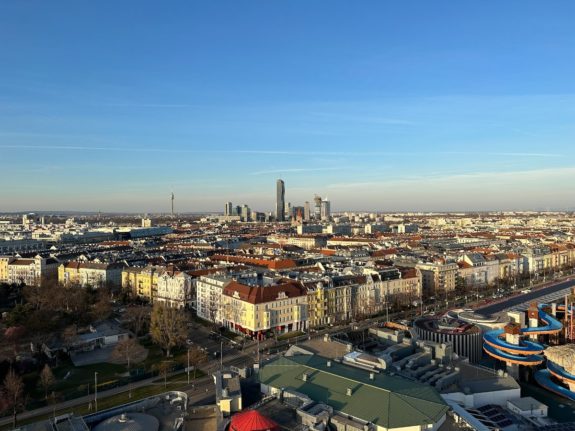A 31-year-old Austrian man and a 30-year-old Ukrainian woman were stopped by a police patrol on the S1 motorway in connection with three thefts from petrol stations in Korneuburg between May 25th and June 17th.
The suspects had been driving a conspicuous yellow car, that had no number plates, and turned out to have been stolen in Vienna. The woman had filled the tank up, before the pair drove off without paying, but she had always worn a large hat which covered her face and meant she couldn’t be identified on surveillance footage.
On Tuesday a service station attendant recognised the car and notified police. When police searched the car they found a steel bar, as well as two knives, tools used for burglary, and a Glock 17 handgun. The suspects would not comment on why they had these weapons.
The Korneuburg prosecutor then ordered that their home be searched and discovered several knives, a Steyr Mannlicher sniper rifle, as well as a gas pistol and gas revolver, along with ammunition and other banned weapons.
The two suspects had legal documents for the rifle and handguns, but have been charged with stealing fuel and a car, as well as offences under the Arms Act.



 Please whitelist us to continue reading.
Please whitelist us to continue reading.
Member comments